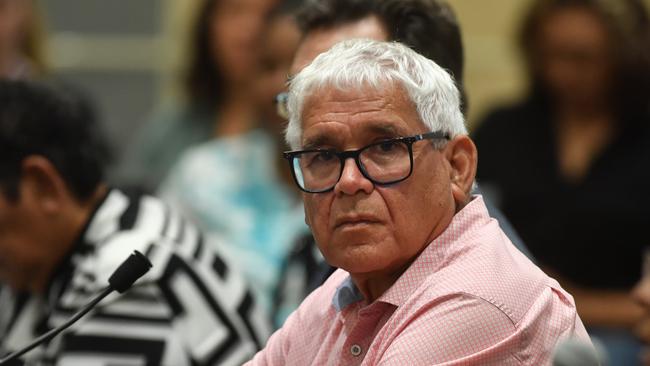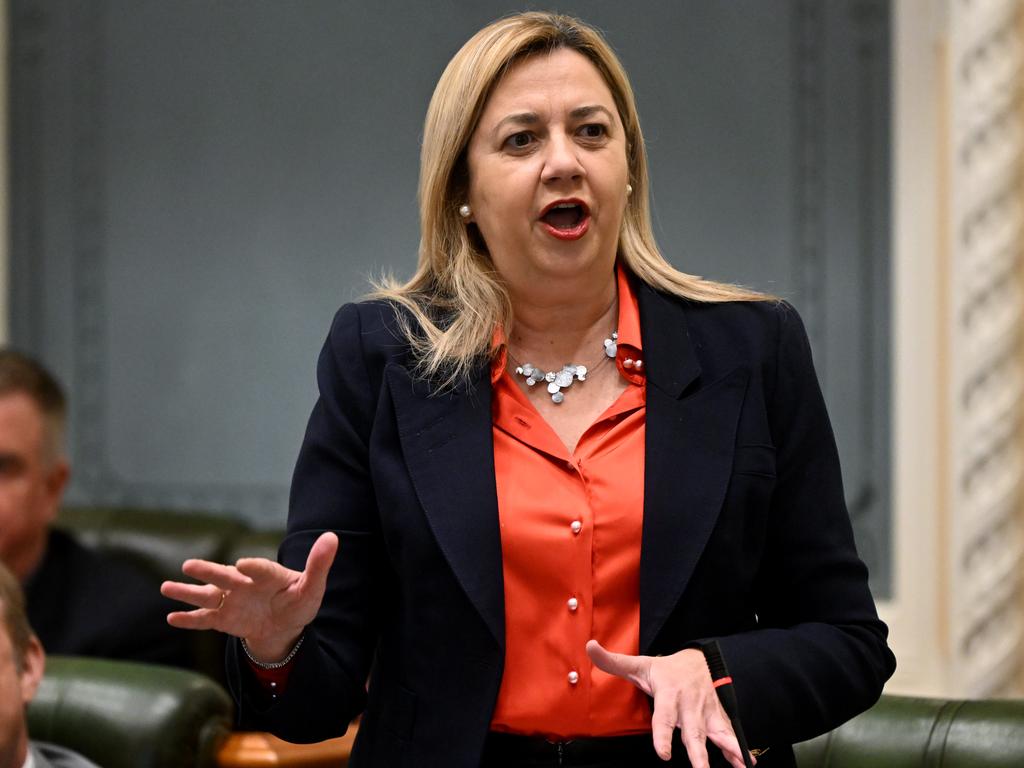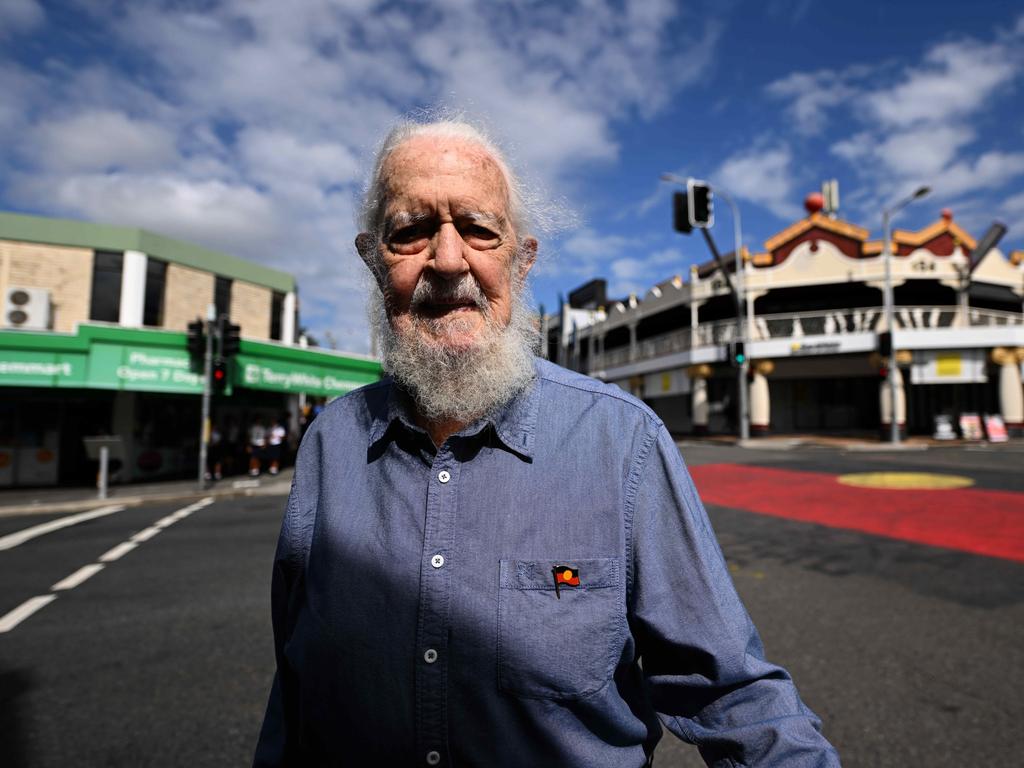Voice referendum: ‘We have got to keep going’, says Mick Gooda
Indigenous leader Mick Gooda says there is a way forward for practical change in remote communities despite the failed voice referendum.

Indigenous leader Mick Gooda says there is a way forward for practical change in remote communities, despite the failed voice referendum, with Queensland’s Treaty Institute to begin work early next year.
Mr Gooda, a member of the senior advisory group that designed the voice proposal and who was an architect of Queensland’s treaty laws, said he “felt sick” watching results come in on Saturday night, with 68.9 per cent of his home state voting No in the referendum.
“It was a bit of a reality check, but then I thought, we have the legislation and the resources in place (for treaty and truth-telling). so we have something a bit positive” he told The Australian.
“We’ve got to keep going, this treaty is once in a lifetime and so we are putting our heads down and making sure these things work.”
Queensland parliament passed laws in May – with support from Labor, the Greens and the Liberal National Party – allowing the government to negotiate treaty deals with up to 150 First Nation groups.
Traditional owners will lead negotiations on what they want in treaties, but may seek repatriation, joint management of national parks, renaming of places, changes to school curriculums and reforms introduced in health, criminal justice and child protection.
A three-year truth-telling inquiry will investigate the “impacts of colonisation” and pave the way for treaties.
The number of state treaties, which could take years to finalise, are unknown but each deal is likely to be worth tens or hundreds of millions of dollars apiece.
Mr Gooda said even though the voice referendum had failed, treaties would give opportunities for Indigenous people to have a say on how health, housing and justice services were run in their communities. “That is what I am in there fighting for, exactly that,” he said. “We're just going ahead fullbore. We don’t have an option, we have to keep going.
“We are working on having the Treaty Institute and truth-telling inquiry stood up early next year, as close to January as possible.”
Mr Gooda said the 10-member treaty institute would be prohibited from negotiating deals with the government, with individual communities required to lead the discussions.
“I wouldn’t go as far to say that we will have treaties next year, but there’s certainly some people who will be identifying themselves as treaty parties fairly early,” he said.
“A couple of Native Title mobs, if they were so inclined, I think they would be able to move to a treaty negotiation pretty quick.
“The big thing we’re waiting on now is for the government to start a process of appointing the Treaty Institute Council.”








To join the conversation, please log in. Don't have an account? Register
Join the conversation, you are commenting as Logout